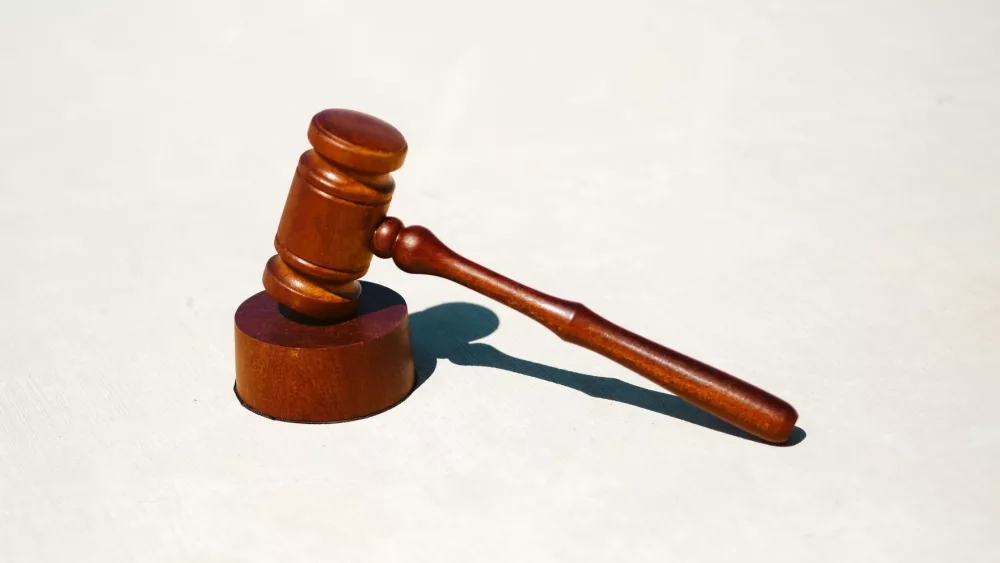(The Center Square) – Problem: local governments in Washington state say they need more money to address affordable housing, public safety, and other inflationary costs.
Solution? Give cities and counties a bigger share of the state’s liquor and cannabis tax revenues.
That’s the proposal of state Sen. Keith Wagoner, R-Sedro-Woolley, who has introduced two bipartisan bills as a counter-measure to calls by some Democrats to triple annual property tax increases to 3% from the current 1% limit.
“I’ve seen a lot of bad ideas in Olympia, but raising property taxes and rents during a housing-affordability crisis may be one of the worst – and the cruelest,” Wagoner said in a news release. He serves on the Senate Ways and Means Committee, which handles tax and budget policy.
“As I heard repeatedly as a member of the Tax Structure Work Group, increasing property taxes disproportionately affects lower-income renters, as property-tax increases are inevitably passed along in the form of higher rent,” Wagoner said, contending that Washington ranks fifth-worst in the nation in housing affordability.
“…Tripling the rate of annual growth of property taxes would only add more costs and make homeownership an even more distant dream, especially for young families,” he said.
Instead, Wagoner has offered up two proposals:
Senate Bill 5568 would restore liquor-sales revenue distributions to local governments. Under the bill, 10% would go to counties and 40% would be directed to incorporated cities and towns. The measure has bipartisan sponsorship from fellow Republican Sens. Curtis King and Judy Warnick and Democrats Mark Mullet, Liz Lovelet, John Lovick, and Sharon Shewake.
Senate Bill 5404 would increase cannabis-revenue distributions to local governments. The bill, also sponsored by Democratic Sen. Claire Wilson, would dedicate 3% of cannabis revenue to counties, cities, and towns where licensed cannabis retailers are located. Another 7% would be allocated to counties, cities, and towns on a per-capita basis. As proposed, a county would receive 60% of the distribution based on its total proportional population.
According to numbers provided by Wagoner’s office, cannabis tax revenue in fiscal year 2022 provided over $486.5 million to the state with about two-thirds going toward basic health services and one-third into the general fund. Recipients also included the Washington Health Care Authority, the state Liquor and Cannabis Control Board, and other distributions. Only $20 million of that revenue was allocated to counties, cities, and towns.
“While the state’s coffers continue to benefit from years of excessive revenue surpluses, and a property-tax increase is not needed at the state level, I realize some local governments are in desperate need of additional revenue,” said Wagoner.
Democrats have introduced Senate Bill 5770, which calls for tripling the state’s current 1% annual limit on property tax increases. During a Jan. 18 committee hearing, Wagoner said the public weighed in “loud and clear” with nearly 8,300 people signing in and over 91% opposed to the measure.
“We want to give people meaningful property tax and rental relief instead, and help our counties and cities in a way that doesn’t put additional burdens on the backs of taxpayers,” he said.






